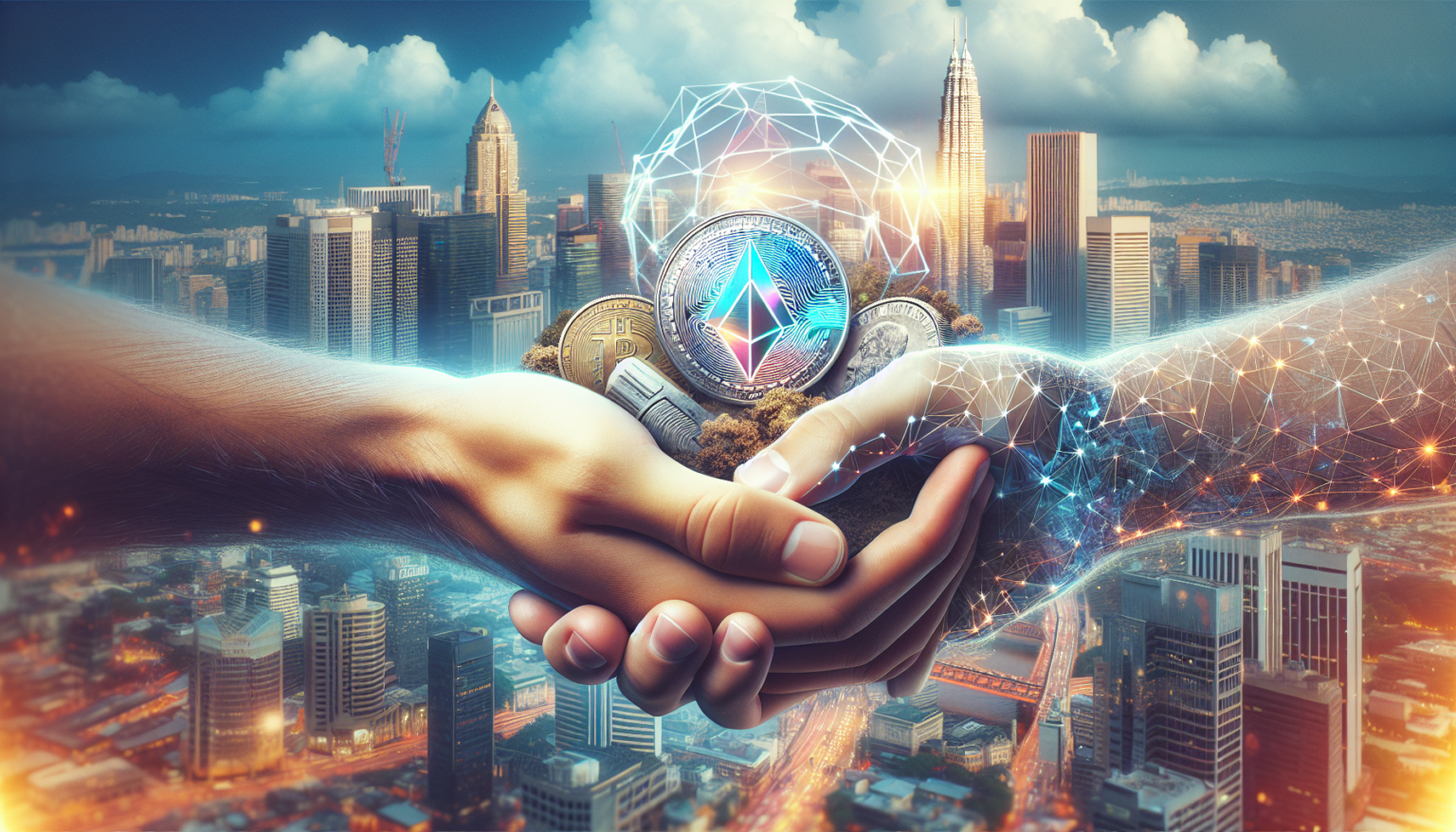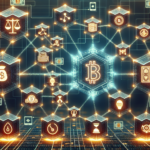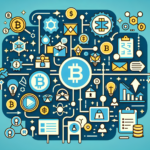The Rise of RWA Tokenization
Understanding Real-World Assets (RWA)
Real-world assets (RWA) refer to tangible assets that have intrinsic value, like real estate, commodities, and even financial instruments. Tokenization is the process of converting these physical assets into digital tokens, typically on a blockchain. This transformation offers various benefits, such as increased liquidity, fractional ownership, and easier access for investors.
The Mechanics of Tokenization
When we talk about tokenization, it usually involves several steps.
Asset Valuation
The first step in the tokenization process is assessing the value of the underlying asset. This includes determining its market price, legal considerations, and potential for appreciation.
Creating the Token
Once the asset is valued, a digital token is created on the blockchain that represents the asset. This token may adhere to specific standards, such as ERC-20 or ERC-721 for Ethereum-based tokens. These standards dictate ownership rights, transferability, and other fundamental features.
Regulatory Compliance
Before launching the token into the market, it’s crucial to ensure that it complies with relevant regulations. This often involves adhering to securities laws, anti-money laundering (AML), and know your customer (KYC) requirements, which can vary by jurisdiction.
Token Sale
After compliance is established, the tokens can be sold to investors. This can happen through Initial Coin Offerings (ICOs), Security Token Offerings (STOs), or other fundraising mechanisms.
Key Players in the RWA Tokenization Space
Blockchain Platforms
Several blockchain platforms facilitate the tokenization of RWAs. Ethereum is the most popular due to its smart contract capabilities, but there are also other notable platforms like Binance Smart Chain, Polkadot, and Tezos, which provide various features tailored for asset tokenization.
Financial Institutions
Traditional financial institutions, including banks and investment firms, have begun to see the potential of RWA tokenization. By collaborating with blockchain companies, these institutions can offer innovative products and services to their clients.
Custody Solutions
Custody solutions are crucial for securing digital assets. Banks are now developing custody services to store and manage tokenized assets, thus bridging the gap between traditional finance and the digital asset realm.
Investment Vehicles
There’s also a movement towards creating investment vehicles that incorporate tokenized assets. For instance, fractional ownership models allow investors to buy a share of an asset, making it more accessible for retail investors.
Benefits of Collaborations Between Traditional Finance and RWA Tokenization
Increased Liquidity
One of the most compelling advantages of tokenizing real-world assets is increased liquidity. Traditional assets like real estate often require significant time and effort to buy or sell. With tokenization, these assets can be traded more easily on secondary markets, allowing for smoother transactions and quicker turnarounds.
Broader Access to Investments
Tokenization allows fractional ownership, enabling more investors to participate in markets that were previously out of reach. This democratizes investment opportunities, allowing smaller investors to own a stake in high-value assets.
Enhanced Transparency and Security
Blockchain technology offers unparalleled levels of transparency and security. Every transaction involving the tokenized assets is recorded on a public ledger, which helps to minimize fraud and mismanagement risks.
Smart Contracts
Smart contracts, which are self-executing contracts with the terms of the agreement directly written into code, automate many processes. They eliminate intermediaries, reducing costs and speeding up transactions.
Challenges in Integrating Traditional Finance with RWA Tokenization
Regulatory Hurdles
While the benefits are substantial, there are challenges to overcome. Regulatory compliance is paramount. Traditional financial institutions often operate under strict regulations, which can clash with the decentralized ethos of blockchain.
Technology Integration
Integrating advanced blockchain technology with traditional financial systems can be complex. Custom solutions may be necessary to ensure that back-end systems can communicate effectively, while simultaneously meeting compliance standards.
Legacy Systems
Many financial institutions rely on legacy systems that are not designed for the digital age. Upgrading or replacing these systems requires significant investment and time.
Cultural Resistance
There can be resistance to change within organizations, especially in traditional finance. Employees accustomed to established practices may be hesitant to adopt new technologies, leading to slower adoption rates.
Existing Case Studies of Successful Collaborations
Tokenized Real Estate
Real estate is one of the most popular sectors for tokenization. Companies like RealT and Harbor have successfully launched platforms that allow investors to buy shares in properties, completely revolutionizing how real estate investment works.
The RealT Model
RealT allows investors to purchase fractional ownership in tokenized real estate assets. Investors receive rental income distributed in cryptocurrency, simplifying the income generation process.
Gold as a Tokenized Asset
Gold has also been successfully tokenized through projects like Tether Gold (XAUT) and Paxos Gold (PAXG). Investors can hold tokens representing physical gold, allowing for trading on blockchain platforms without needing to physically store the precious metal.
Benefits of Gold Tokenization
The tokenization of gold offers improved liquidity and flexibility. Traditional gold investments often involve high premiums and storage issues, whereas tokenized gold can be traded more easily and securely.
The Future of Collaborations Between Traditional Finance and RWA Tokenization
Innovative Financial Products
As blockchain technology matures, we can expect to see a more diverse range of financial products that blend traditional finance and RWA tokenization. These might include structured products that utilize tokenized assets or entirely new asset classes.
Global Adoption
We may also witness broader global adoption in various markets. Regions with developing financial infrastructures could benefit from RWA tokenization, allowing for innovative solutions and investment opportunities.
Empowering Emerging Markets
Emerging markets, which often struggle with access to finance, can leverage tokenization to create new economic opportunities. By democratizing access to investments, tokenization holds the potential to spur growth in these regions.
Education and Awareness
Finally, there is an essential need for education and awareness around the power of RWA tokenization. Financial institutions must invest in educating both their employees and customers about the benefits and workings of these new technologies to foster acceptance and engagement.
The future holds exciting possibilities as traditional finance and RWA tokenization continue to collaborate, paving the way for a more inclusive, efficient, and transparent financial landscape.








